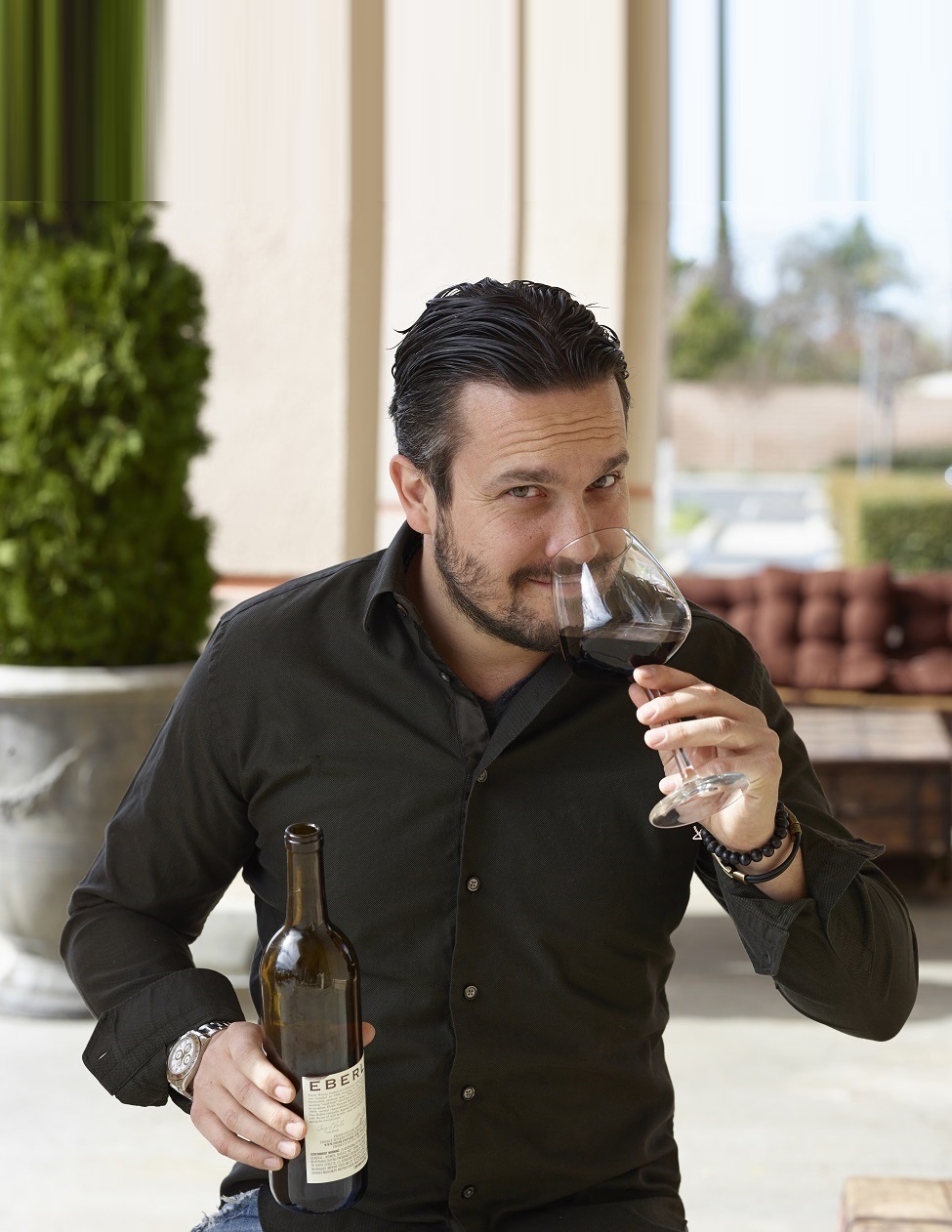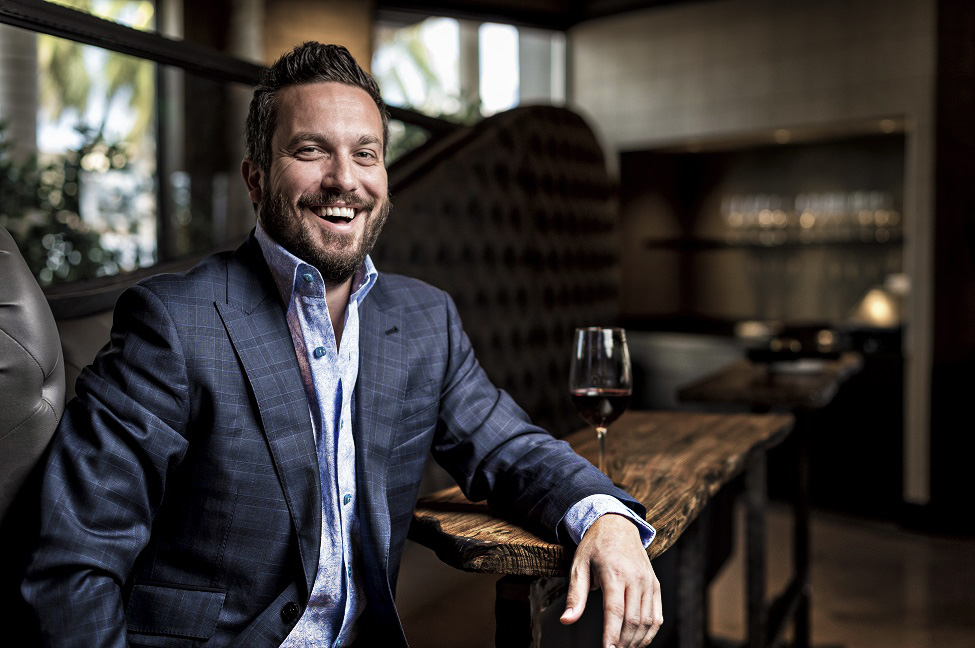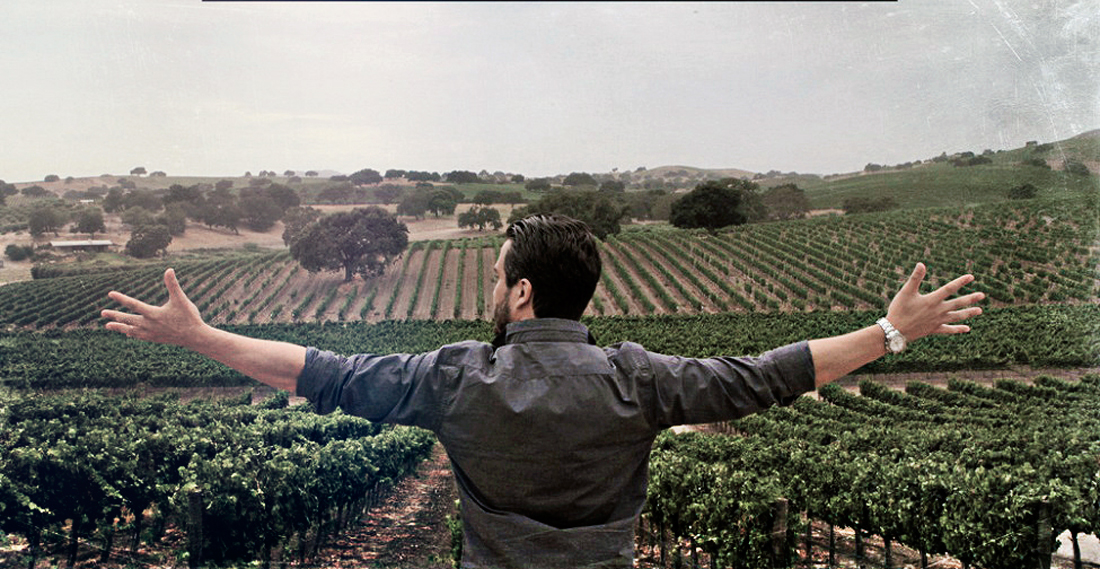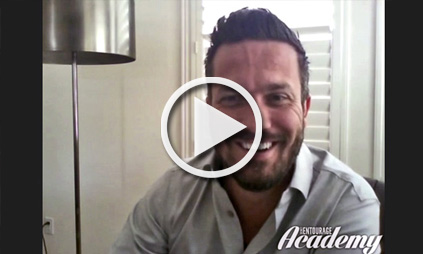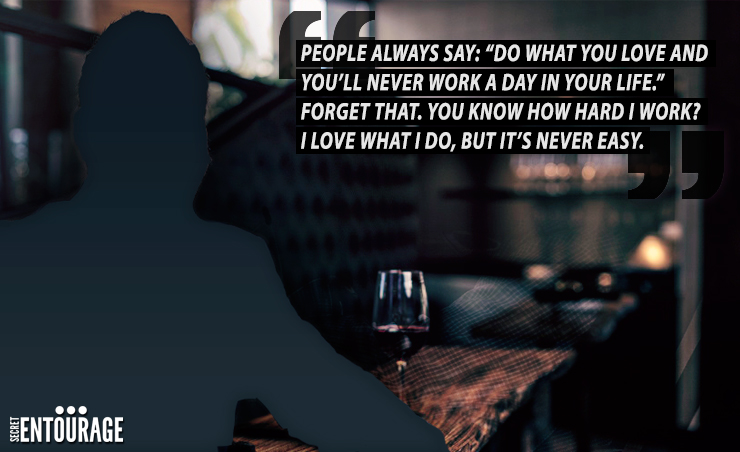
I was born and raised in Italy and I didn’t move to the United States until 2006. I built a good business there but the original idea of coming to the US was to take a vacation. I was like: “You know what, I’m 26, I just worked my ass off for the past 15 years, I want to take a vacation.” I wanted to take a year off, get into the culture, and learn the language because I didn’t speak a word of English at the time.
It’s funny because I sold my business after listening to the advice of one of my mentors in Italy. He said: “Get out of the business. As long as it’s healthy you can sell it, because the economy is going down.” To make a long story short, I sold the business and saved a bunch of money and by age 26, I was doing pretty good. However, two months before moving to United States, my dad had an incredible financial upside-down.
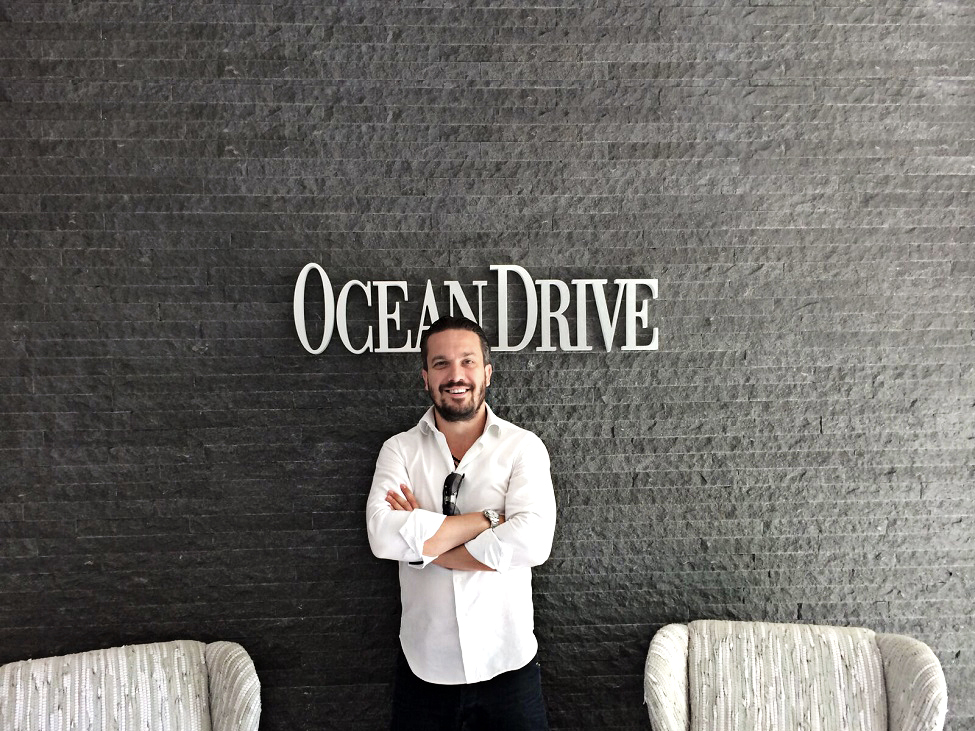
I grew up in a family that was broke. My mom and dad were working three jobs and all of a sudden, my mom gets sick when I was 11 years old. Things really hit the fan and she couldn’t work anymore so the income from her side was gone. I’m 11 years old, too young to work a normal job because you can’t be employed in Italy until you are 14-15, so I took a night job from midnight to 7 AM every night, getting my backpack at 7:15 and biking myself to school which is how I got introduced to the restaurant business.
I didn’t choose the culinary career like most people do, it wasn’t like my grandmother was a great cook or my mom makes an amazing meal. There was never food on my table. Nobody was cooking in my house because everybody was too busy working. I grew up eating eggs and the equivalent of American ramen noodles because we had no money. We didn’t talk about food choices growing up. I had to take it or leave it. Whatever was on the table was what we were eating.
I went to work as an 11 year old kid not knowing about anything. The people who were employing me were creating a couple of restaurants in Florence. I started to work for this guy and he always kept telling me the same things: “You can work hard and make a good living, but if you want to make a life and a legacy for yourself, you’ve got to work smarter because it doesn’t matter how much money they pay you by hour, there is just so many hours in the day.”
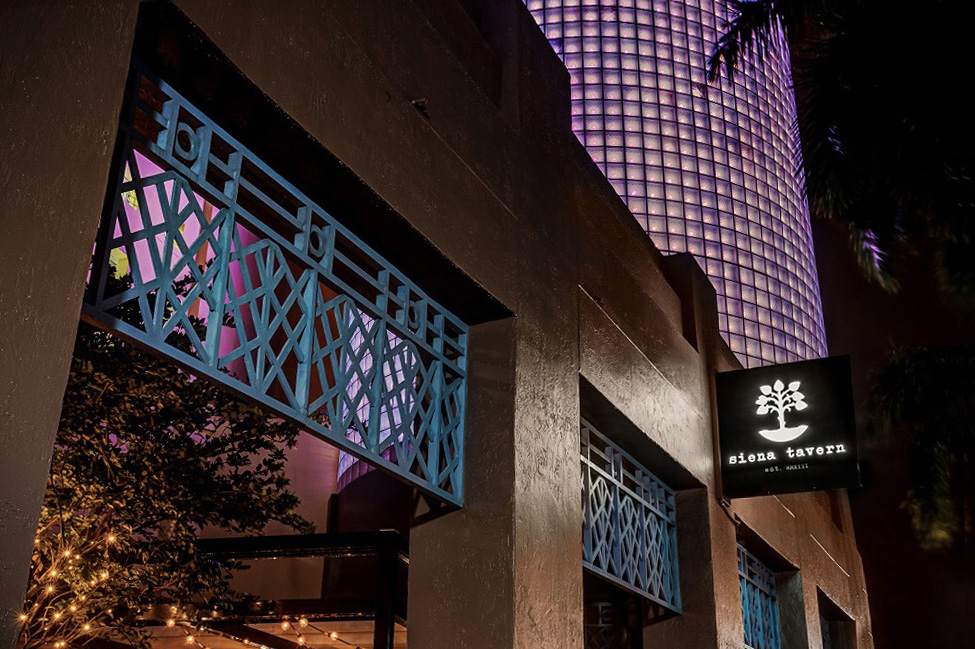
Although I was a very young kid, it really stuck in my head. Since that time, I always tried to understand the system that people put me in because if you don’t understand the system, you can’t change it, but once you understand how it operates, you can think: “How do I make it better, more efficient, easier?” That’s the whole point.
People try to fit in a system created by others and squeeze themselves to fit but all you have to do is understand the system before you can take full advantage of the player and the system. Take advantage does not mean take advantage of anybody – I’m saying use the system to the fullest so you have the knowledge to improve upon it and grow.
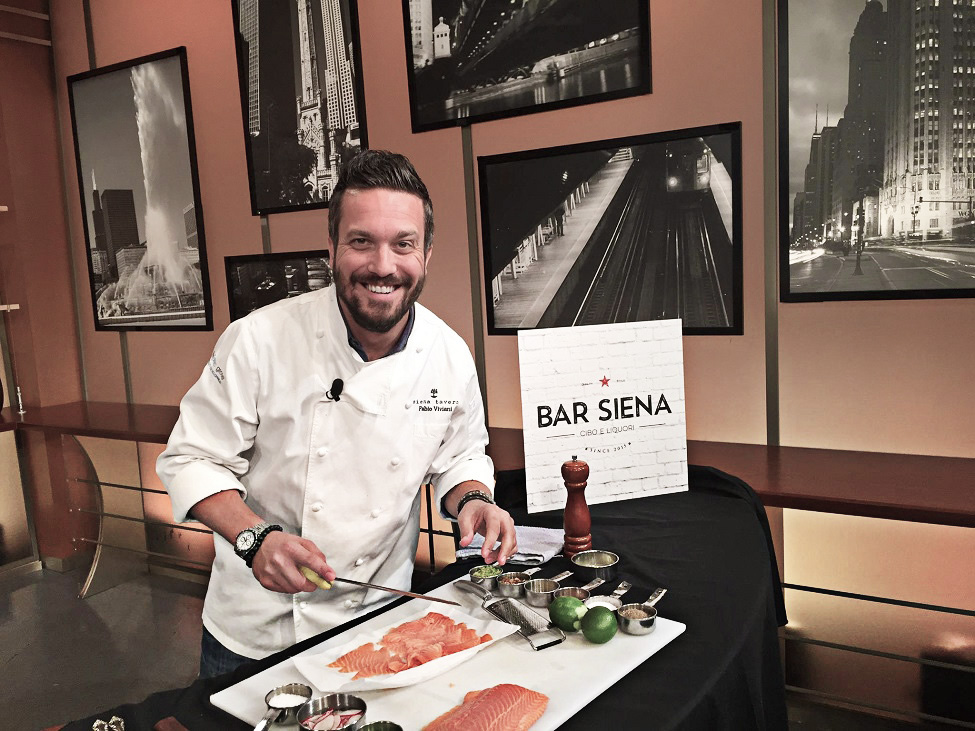
My job was a funny story. It was this big guy and I. Our job was to unload 200 pallets of flour to bake pies, cake, and bread every night. Each pallet was like 100 to 200lbs. I thought: “These people stay open every night, have operational costs, and spend $300-$400 between tracking, gas, loading, unloading…”
I was like, “If I multiply $400 for 30 days that’s $12,000-$13,000. We can rent the next door storage unit for $2,600, fill it up with flour to the ceiling, and do this once a month and I can sleep”.
I went to the owner and said: “You’ve been doing this for 10 years. You’ve got a big ass warehouse next to you that costs you a quarter of what you are spending to have a truck every night.” My boss said: “You know what, you’re right, that’s amazing. You guys are fired.”
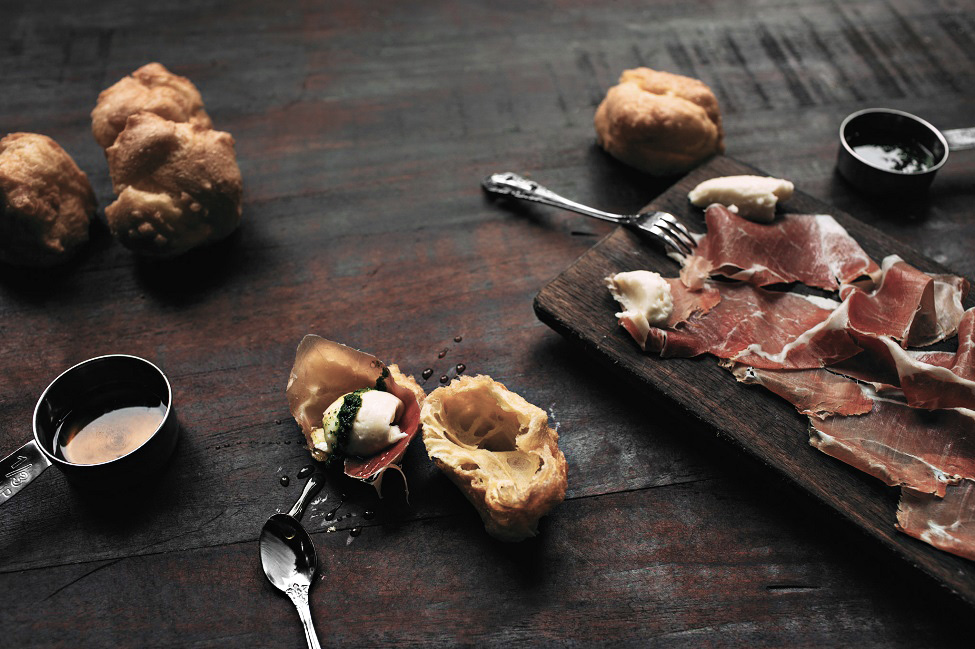
I pretty much fired myself thanks to my great idea. I went back a week after I got fired to meet the owner and said: “Listen dude, if somebody gave you a great idea you should work with him, not fire and get rid of him. I can help you with the business. I’m a hard working guy. I’m 13, but I have been working for two and a half years, seven days a week, and never stopped. I need a job. I need money for my family. I made you money. I made you $10,000 a month because you couldn’t figure out a warehouse and then you fire me?”
He hired me back and we have been in business ever since. I grew up with him and when I was 19, he awarded me with part of the company. He said, “Fabio, you are a problem solver. You get stuff done. How about I stay home, you run the restaurant, and then the difference between profit and what I get is yours.” I said: “Great idea man.”
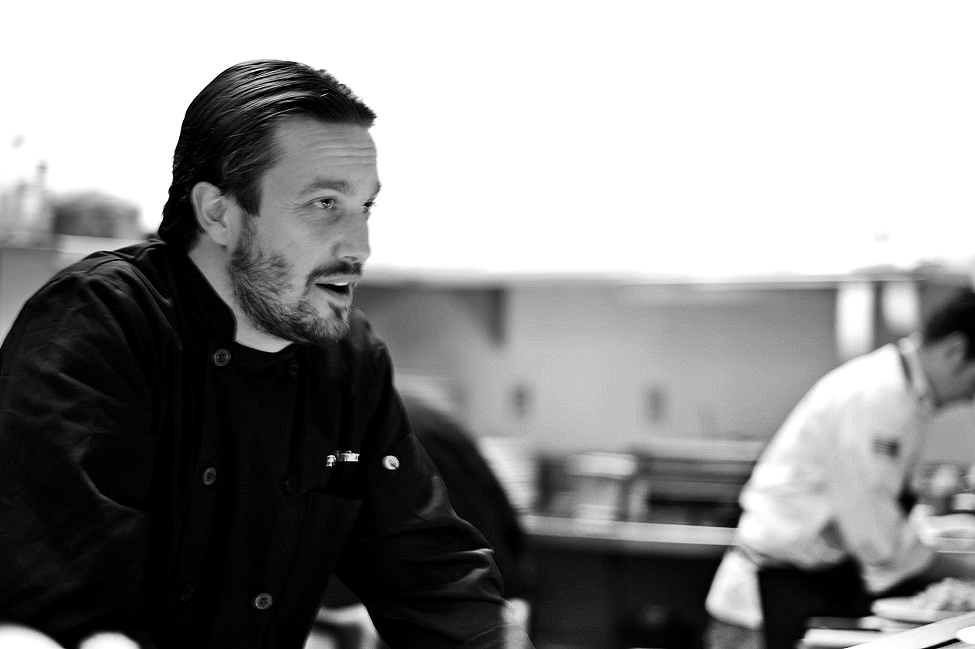
Six months later I went out of business because I didn’t know anything about the restaurant business. I knew how to fix things, about warehousing, cooking food, or buying stuff. But I didn’t know about accounting and people were stealing money from me left and right. I got screwed. I don’t blame anybody. I blame me, just being cocky and confident at 19 to take on something that you don’t know.
There are a lot of entrepreneurs out there that have the philosophy: “Fake it ‘til you make it.” Be careful with that. Yes, I took some tasks upon myself that I wasn’t 100% comfortable in doing and that’s okay, it’s your comfort zone, and you’ve got to walk out of it, but you’ve also got to be knowledgeable of what you are doing.
When we closed the first restaurant, I had $400,000 of liability by age 19 so I came up with another business idea where I was.
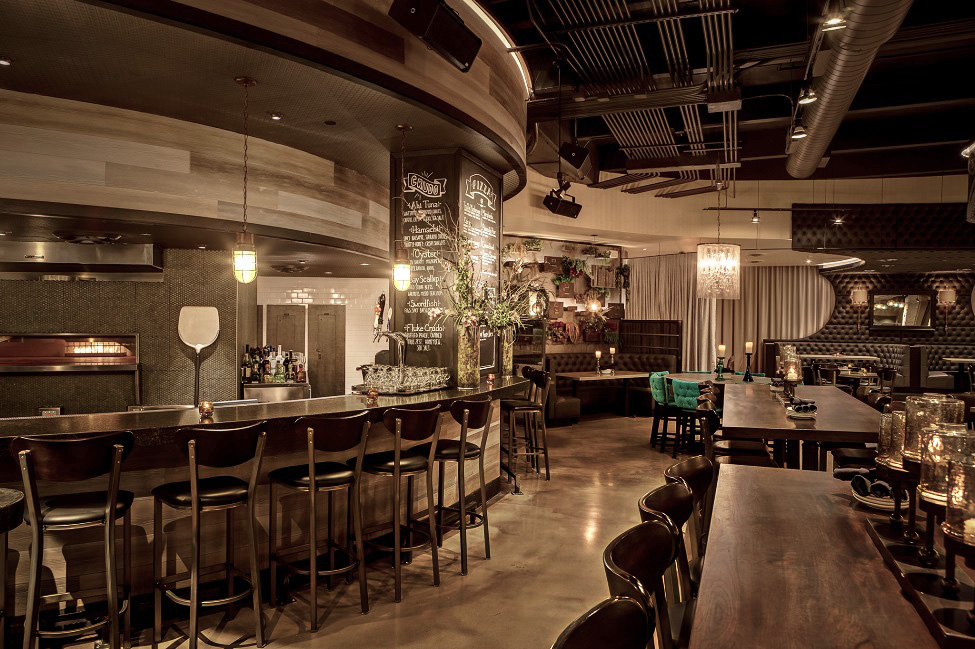
There are thousands of tourists in Florence everyday but the same three restaurants got all the business. I thought this is what I’m going to do, “I’m going to connect other restaurants with tourist groups and collect 10% of whatever I create on top of what you are doing.”
While I was working with restaurants and managing them, I opened this company that was almost like a matchmaking company between tourist operators and restaurant owners. In three months, owners went from not having a business to making $30,000-$40,000 a month because I was creating so much volume for these people and I was fixing a problem. They needed to find ways to eat. They needed to find people to eat at their place. For me it was like: “Why are there not 60,000 people doing what I’m doing?”
Back then, people weren’t sending emails to each other like they do right now or checking out restaurants online. I was physically walking 40 miles a day through downtown Florence in the historical area. When I saw a tourist group I would go over and say: “Can I see your map today? What’s the area you are going to?” I said, “If you turn left right there, there is a restaurant. Use my name. Your group gets 10% off. Go there.”
I saved enough money in a couple of years to buy myself into one of the restaurants. From that point, together with these people and my business partner, we opened seven more restaurants, a dance club, and we had a hotel on the Riviera. It was a good business and at age 26 they asked me: “You know what Fabio, economy is kind of going down a little bit. We are thinking to sell while we are ahead. What do you think?” I said: “Let’s do it.”
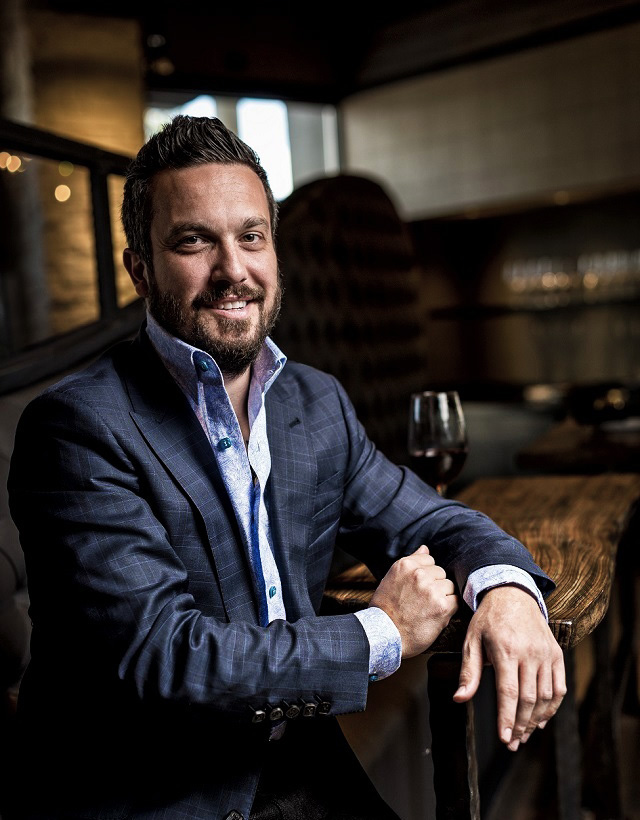
My dad saw my success as a young guy and said: “You know what, this business thing works. I’m opening my own business.” Since I was the kid making money with restaurants I said, “Dad, I’ll take care of the bank liability, I’ll sign off some papers, and we’ll get you the money to open your own business.”
My dad is a hardworking guy but hard work is only a small part of the equation. He’s not very business oriented. He got thrown out of a deal, which resulted in over $2.5 million in debt. So there I was, about to leave for a yearlong vacation in America but my parents were stressed out and in massive debt about to lose their house.
I paid off 90% of his debt and went from feeling like a kid with a bunch of money about to have the time of his life to being broke again. As I was leaving for the United States I was feeling thinking: “What am I going to do now? I don’t even speak English.”
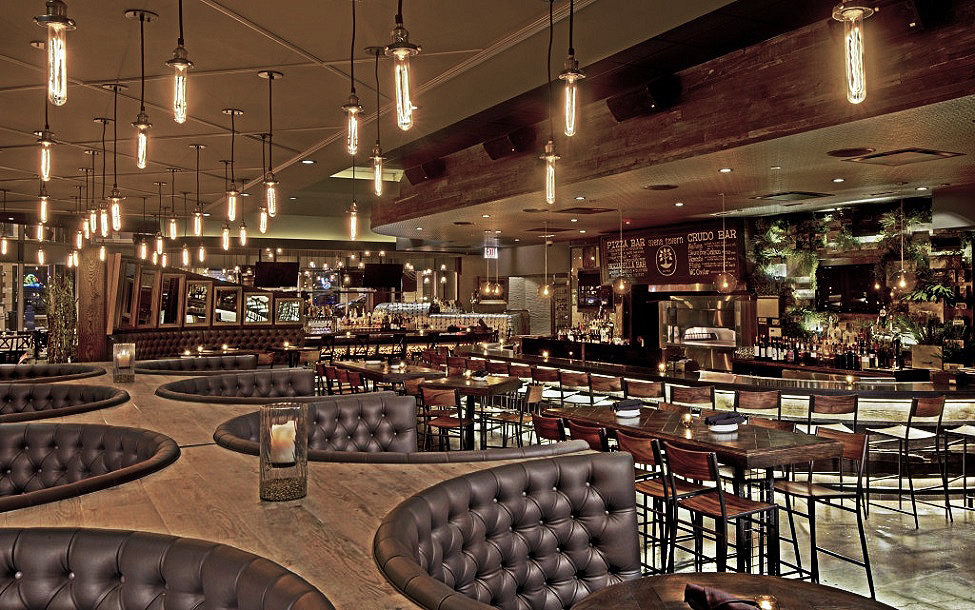
When I first got here I came as a tourist on a vacation visa and the process of getting the paperwork to legally work here took almost two years. I was basically unemployed besides getting a few consulting gigs here and there with some local friends and restaurateurs. I was trying to find my way because America is not what I grew up with.
In Italy you find a job and you work. In America, you find a job but then they don’t make it easy because you need all kinds of paperwork, legal proof, a social security number, a green card, and the process takes a while. I hired a good lawyer, went through everything and was fine, but the first year and a half in America was still a big struggle for me because I didn’t speak the language. I had no job; I had little money saved because most of the moneys I saved went to pay off my dad’s liability to prevent him from bankruptcy and losing everything. So I started to work. I was working in an Italian restaurant in downtown Ventura County as a chef and I met one of my business partners. My English was still broken but he said, “You are working really hard. You are really good with people. It seems like you really care. Let’s open a restaurant together.” So we did.
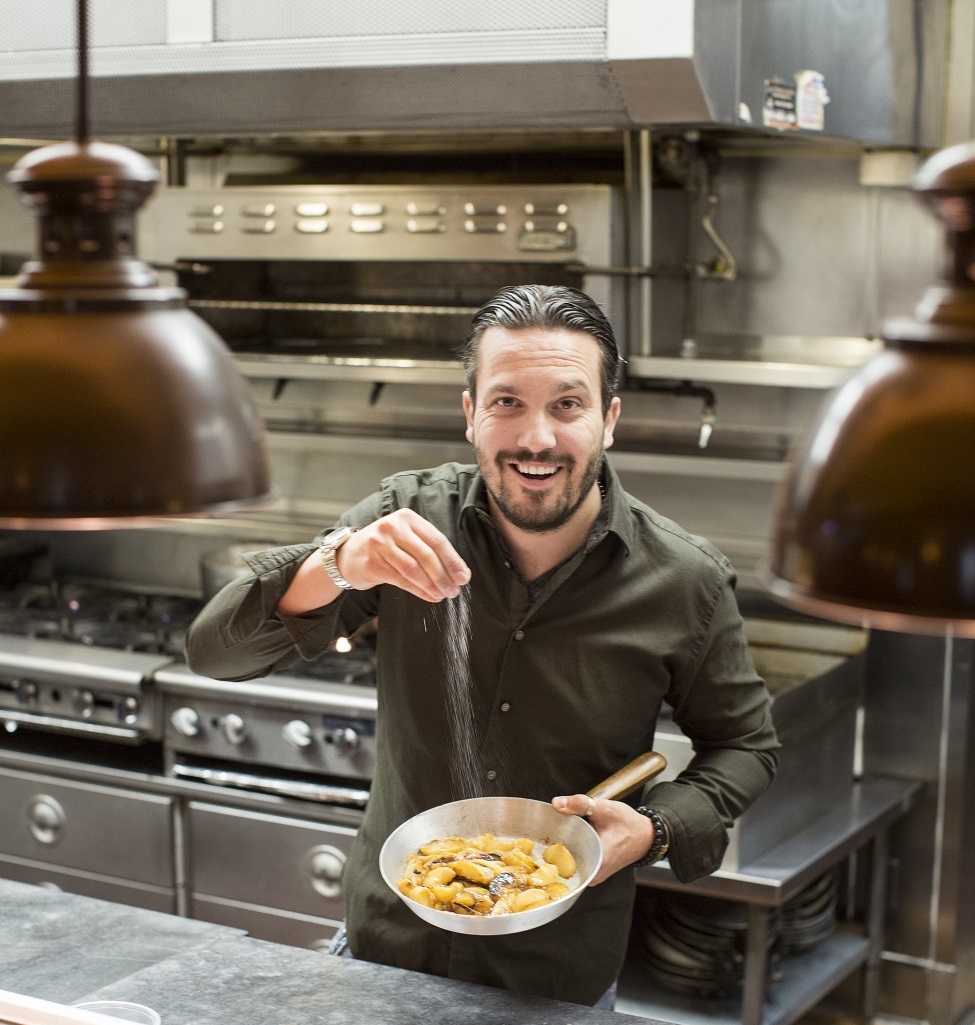
We opened a restaurant called Cafe Firenze together in Moorpark, California where I live right now. It’s my flagship restaurant and the restaurant is still there. When we opened the restaurant, business was great, but I have always been the guy, that while I’m happy with where I am; I’m not content compared to what I want to be in 50 years.
When I was in Italy, I was making 35 times the average national income per person. For a country like Italy, the average person makes $20,000, $30,000 a year. I was making 30 times that but the reality was that I wasn’t 30 times happier. So I had to change something and that’s why I moved. I don’t have 100 restaurants but I will. Mark my words. It will take me another 10 years but I’m going to get there.
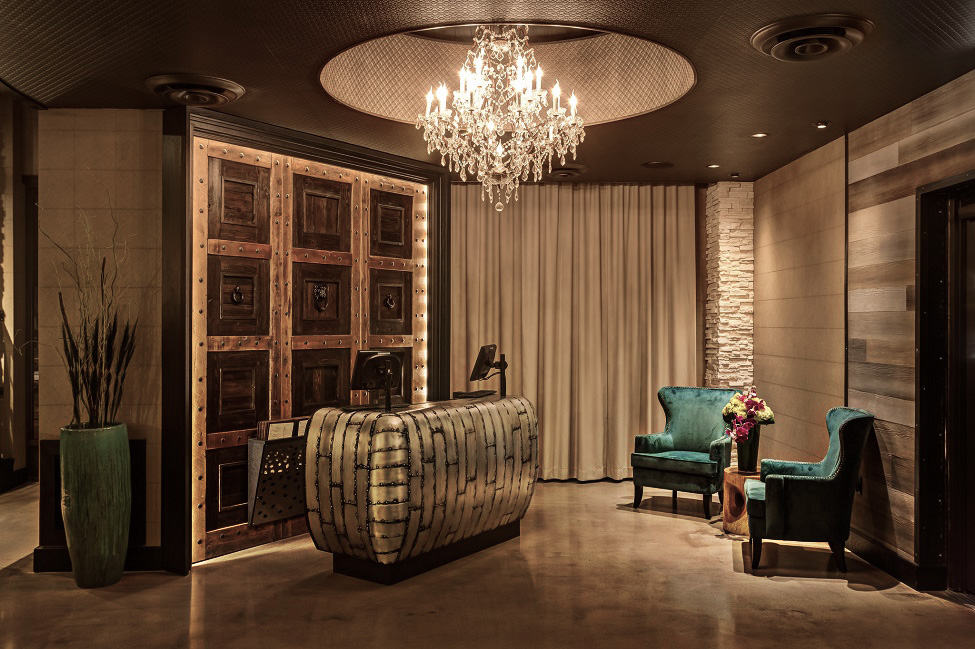
If you know the right people, if you find the right scenario, if you put yourself in the right state of mind, good things will come. But you have to be good to people. You have to be really good to people and by being good to people, that’s how I got hooked into the television business.
When I first met the person who was producing the show Top Chef I didn’t even own my first restaurant yet. He and his wife were big fans of the restaurant I was working at so they came to inquire about catering for a private event.
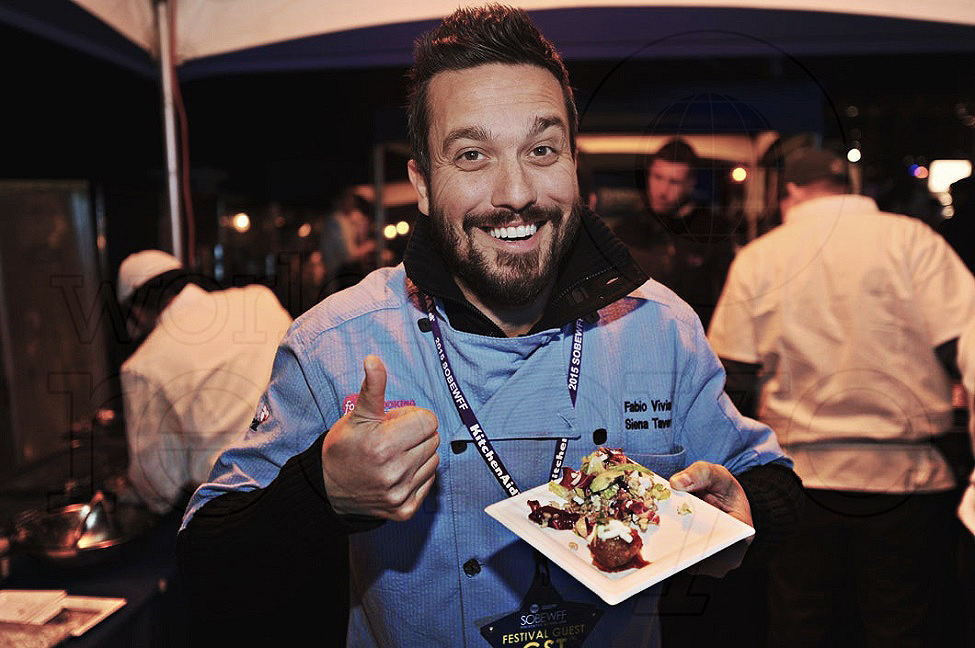
The owner was cocky guy so he told them: “No, if you want my brand there, here’s what you’ve got to pay.” So they walked off unhappy.
I went out from the back side of the restaurant and said: “Look, I work here. I know the menu inside out. You don’t have to pay me; you guys are getting married. I don’t want be part of the company that ruins your plan. How about this? You buy the food I tell you to buy, I’m the chef here, and I’ll come and do it for you. You’re not going to have to pay me, that’s my wedding gift for you. I just want to see you guys happy.”
I went there and at the same party, the business partner of this guy was the producer of the show Top Chef for Bravo TV. They explained the story and the guy said: “Man, you are phenomenal and your personality, you are a good guy. You should apply for my show.”
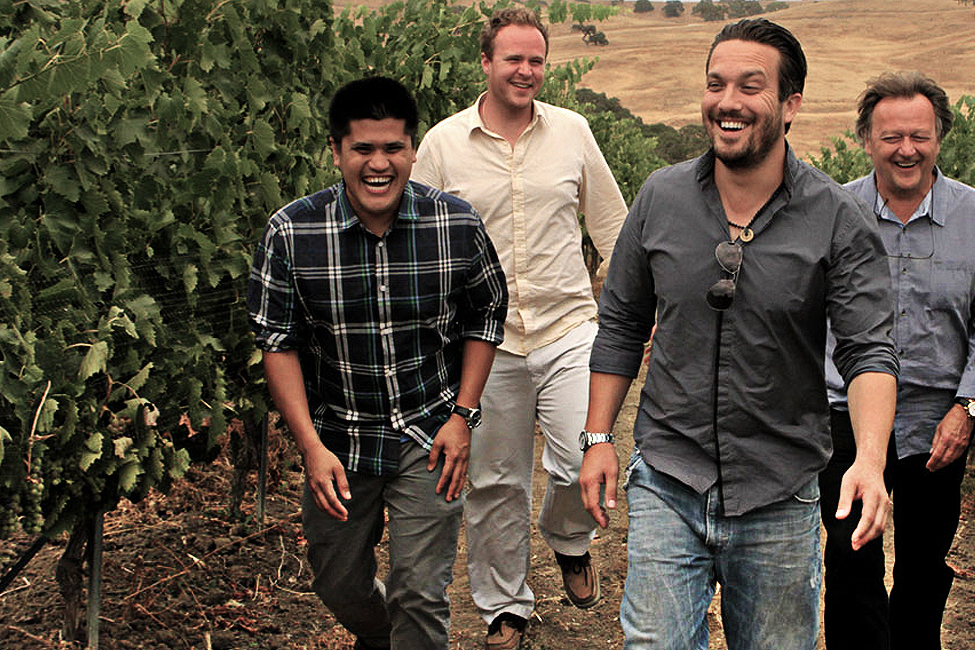
I said: “Thanks man, but no thanks. I’m a chef. I’m in the kitchen. I don’t do TV.” The reality is that in Italy, there is no such thing as a celebrity chef, that’s an American thing. America idolizes everybody with reality TV: reality dog sitter, reality plumber, reality fish pond builder, reality hog hunter, reality everybody. In Italy, if you are an actor on TV or if you are a felon, you may make the news.
We stayed in touch but in the meantime I kept doing events for them. A year went by, my English got better, and the guy said: “Season three baby! Do you want to do it? Come on man! Do you want to do this?” I told him: “No. I don’t want to be on TV, I don’t watch the show, I’m not going to do it.”
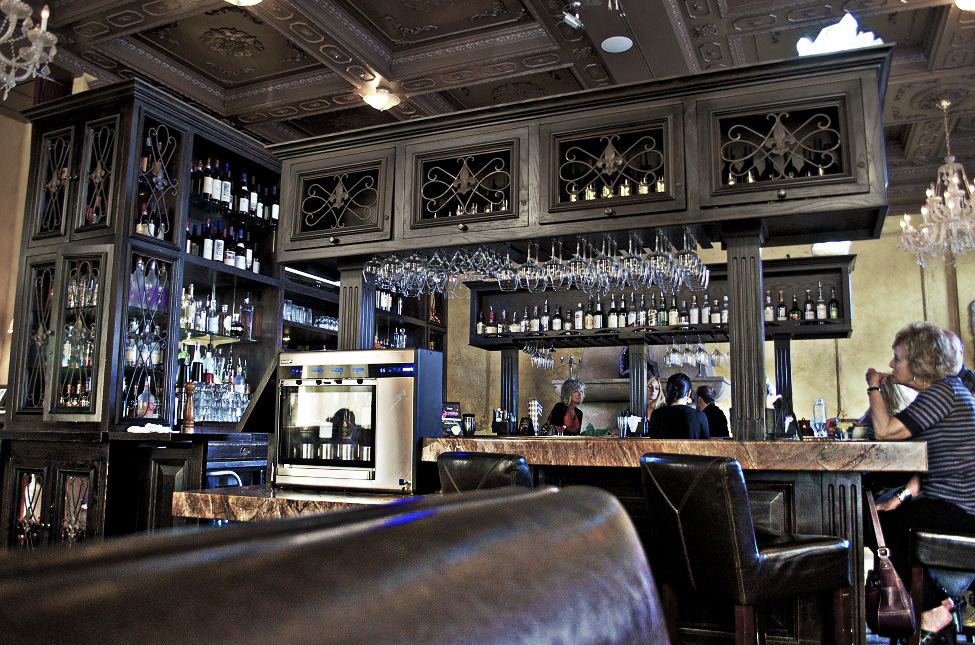
At that time I was engaged to my first wife and she said: “Look Fabio, America is about perception, it’s about flashing everything out in the face of everybody and hopefully they sell. You have a good personality. People will see that. TV will do very well for you. The restaurant is fine, take three, four weeks off, and do the show.”
I said: “Fine, I’ll do it.” That’s how I did the show. I ended up winning as the runner up. I didn’t win the show itself, per se, but I won the title of ‘fan favorite’. After that, people calling me kept saying: “We love the way you are! You’re funny. You don’t care. You laugh, you are not taking yourself too seriously, and that’s a perfect personality for TV.”
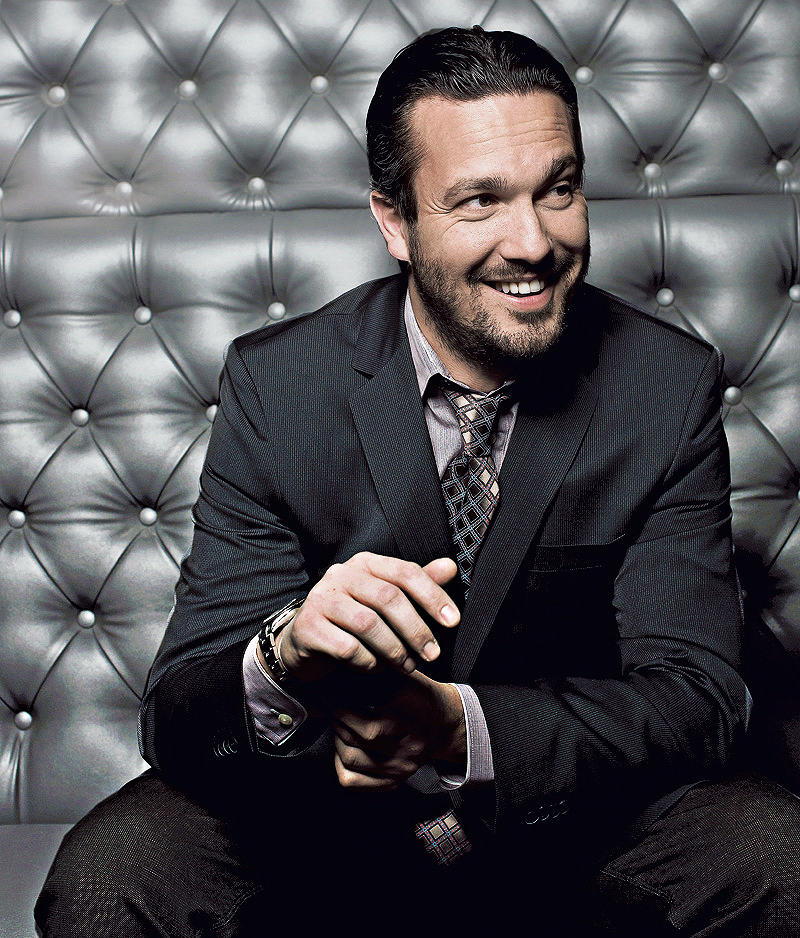
All this led to my brand last year. Between PR and media, we did over 600 million impressions and over 112 TV appearances. Although I believe TV did help expose who I am, TV didn’t open restaurants for me. TV didn’t make people like me. That’s just the way I am. This is a result of working hard. TV helped me with the process because it exposed a good plan.
TV also exposed another 237 people that did the same show with me at the same exact time and you don’t hear about 98% of them. While TV helps broadcast who you are, it’s meaningless unless you have a plan and people see the advantage in following you.
The only way people are going to buy your things is if they know you are there. That’s also what I do, a lot of corporate training with Fortune 500 companies. Besides building a business within the hospitality industry, I’m also a hospitality coach, so failing restaurants call us.
We help them, we get them on track, it’s a system. The restaurant business is a system. It’s A + B = C. If you do certain things, you achieve certain results. If you don’t do certain things, you are going to go out of business.
It’s figuring out a system and making it better, so you either achieve results faster or get better results in the same time. It’s hard for me to fit in the system and that’s why I’m unemployable.
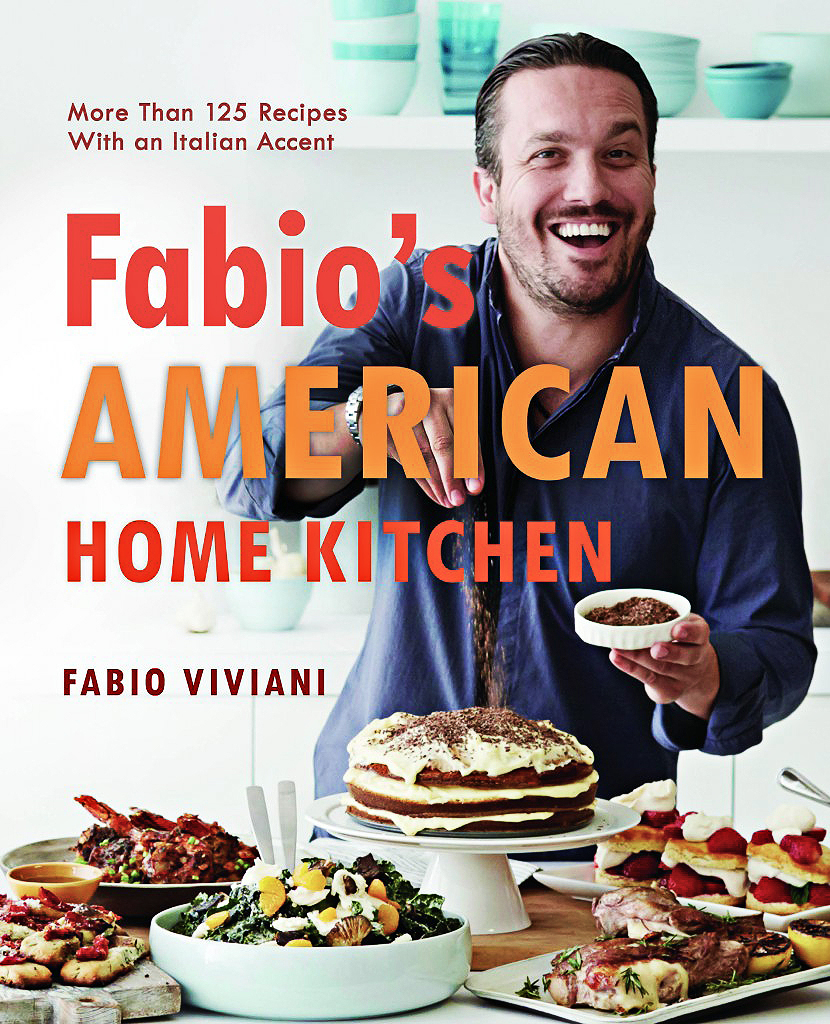
1,000% — you’ve got know that everything has a place. Personally, I don’t like to do television because I’m not a flashy guy. I like to help others without letting everybody know I do it. I’m very private with myself because I have a very public life, so whenever I can, I try to not broadcast things too much, but television is good.
Although I don’t like to be on it, it is necessary now for my business because the more people see you, the more people go to your restaurant. The more people see me talking, the more people hire me to coach their companies. The more people who see me, the more books I sell. It does help, but it’s not the only reason why things are happening.
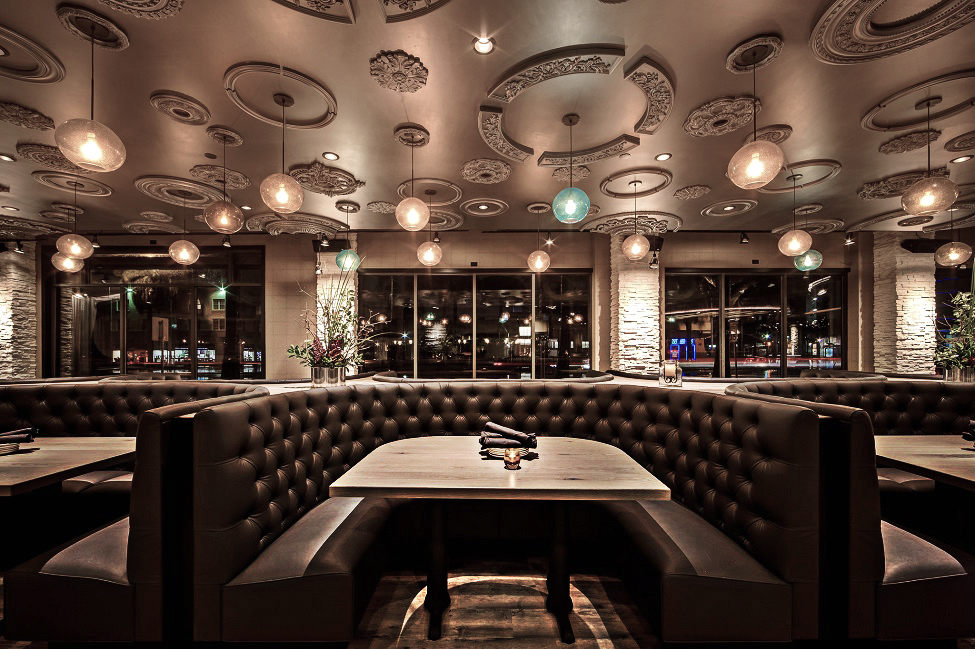
I said: “No. What kind of question is that? If I have millions of dollars to throw at, I wouldn’t be here asking you for it.” They were like: “Sorry, man. That’s not the way it works.” I was like, “Yes, it’s exactly the way it works. I want something and I work for it, I make it happen, so watch.”
Now, we have one of the top 10 magazines in the nation online. There is more content in my magazine than any other magazine out there. Any span from business to lifestyle, food, wine, liquor, tips on health, interviews with great people like you, and I built it from scratch. Its mine and I get to do whatever I want. People didn’t believe it. I wanted it and I made it happen. I’m going to dismantle them if they get in my way.
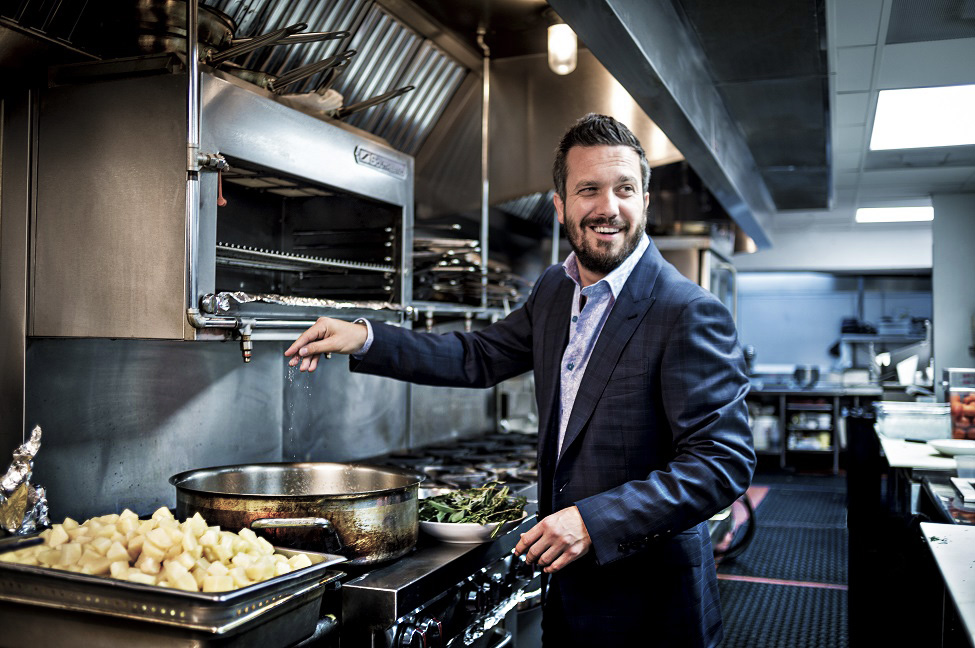


After a year in the United States, instead of learning English, I learned Spanish. I felt like nothing was working out – a year and a half ago, I was a multi-millionaire at 26 and now I’m broke, spoke Spanish and Italian in America. This didn’t look good, man.
I made a plan and the rest is a wonderful history of a comeback and getting things done. I have no emotion towards anything but what I want to achieve. I’m hard to take down because I never stop. It’s impossible. I’ve been broken but not bended in the process.
Now that I think of it, the American Dream is a concept that a lot of people in America sell like a commodity. You often hear: “Go through what we’re telling you to do and you are going to achieve the American Dream.”
Unfortunately, it’s not that way. People have to master the American Dream and it’s a lot of work. The first two years I was struggling because I didn’t speak a word of English. I went from making almost six figures monthly to making $10/hour just to be with people and learn the language.
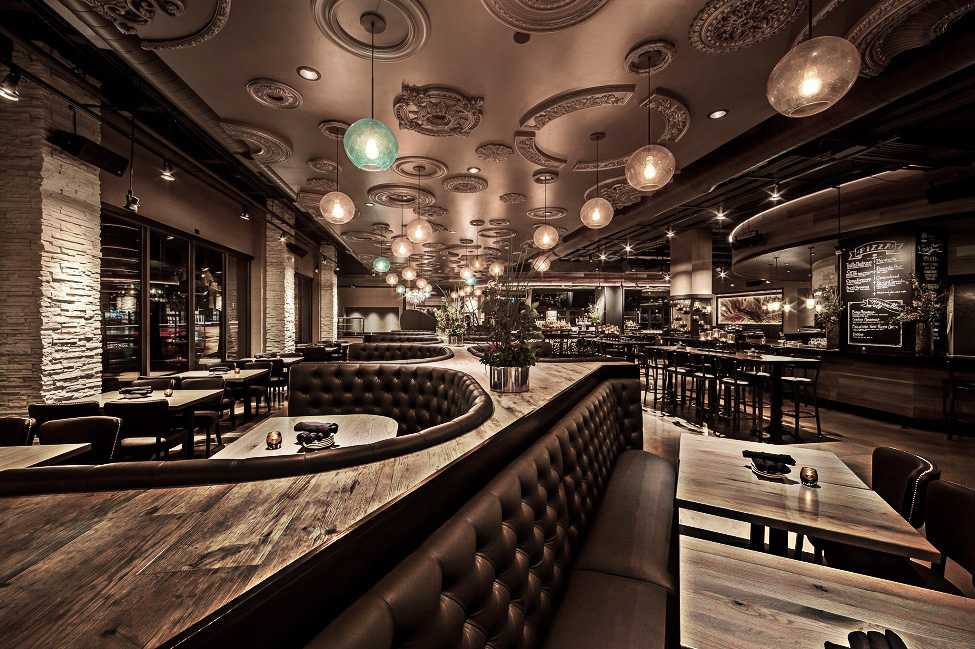
If you hang out with successful people and those that have belief, it lets you see the end result is possible and it becomes easier to achieve success.
Success is all about how bad you want it, not how good you have it because if it was based on how good you had it, I really messed up. It’s at least 10 years of hard work. Sometimes, people get in situation where the 10 years is maybe a little shorter or maybe it’s a little longer, but it’s a lot of work.
The result of 26 years of me grinding is success – which to me is not defined by money or goals or whatever – is just a matter of how happy you are in doing what you are doing and what do you want to take down for the next 50 years.
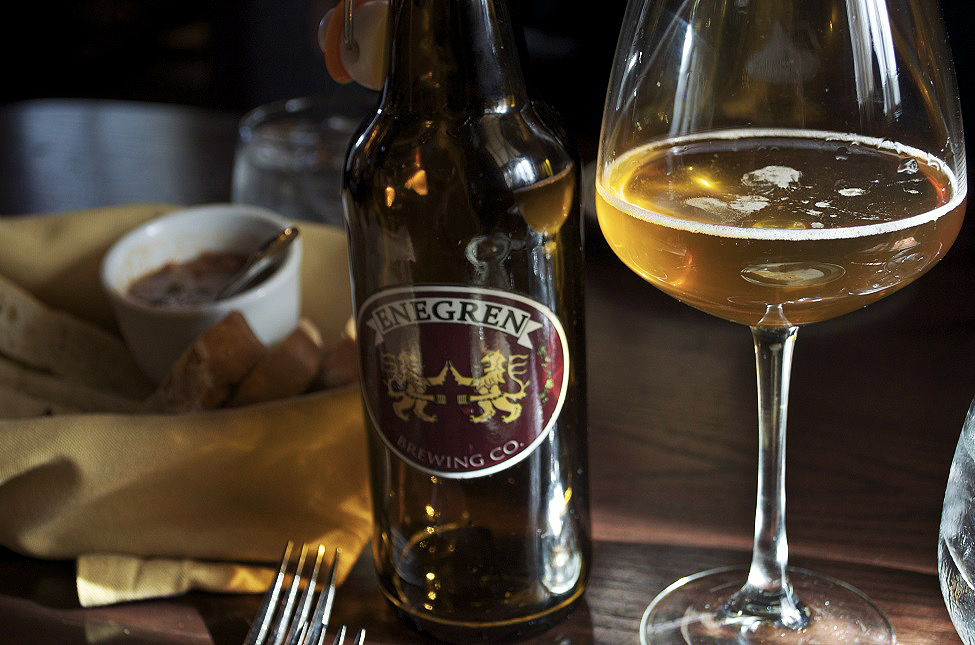
It takes a fair amount of craziness, drive, and guts to do it. I’m on the line every day. People only see the outside but I have millions of dollars every year in leasing. We have over 1,000 employees and feed lots of families. That’s a lot of pressure.
I have a commitment to those people, not just for myself. Money, I don’t care about money. I didn’t have money. That’s not what I do this for.
If tomorrow the world ends and currency has no more value, I’m still happy because I’m going to find happiness in things that drive me and money is just a result. It’s not a goal. The goal is I want to make $1 million a year. That’s a goal albeit a money goal. For me, I want people to talk about what I’ve done a 100 years after I’m dead.
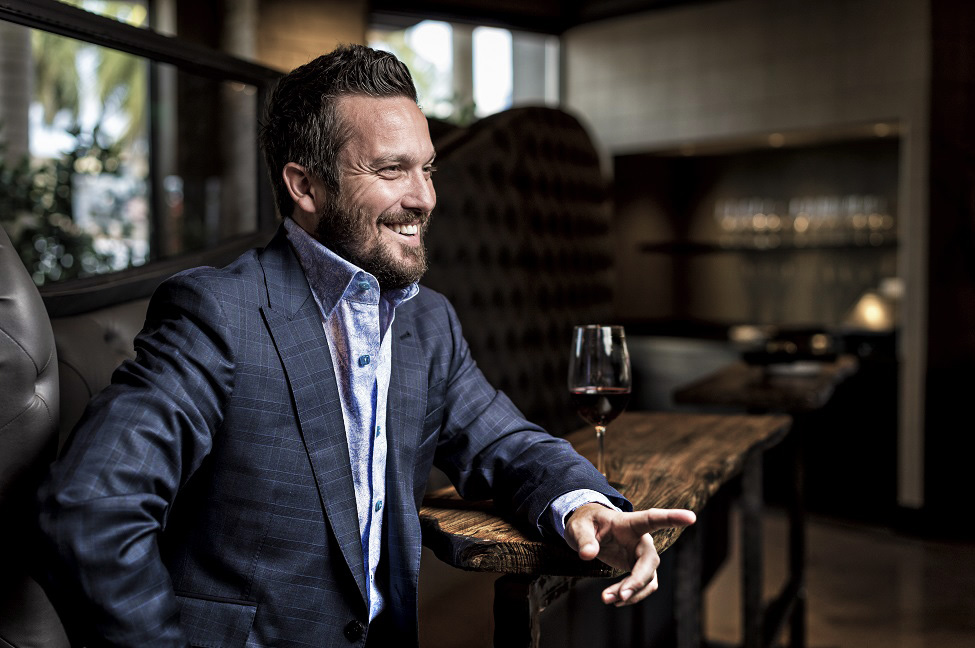
To me, you interviewing me is another highlight where I’m doing something right. The right people are noticing that. Trust me when I say that I do more for others than I do for myself because I could kick back and be doing something else but I’m sharing the knowledge.
I’m sharing the pain, the struggle, and the hustle. I like to see people motivated. I was fortunate enough but sometimes you have to meet the right people in your life and you’ve got to be smart about keeping them around.
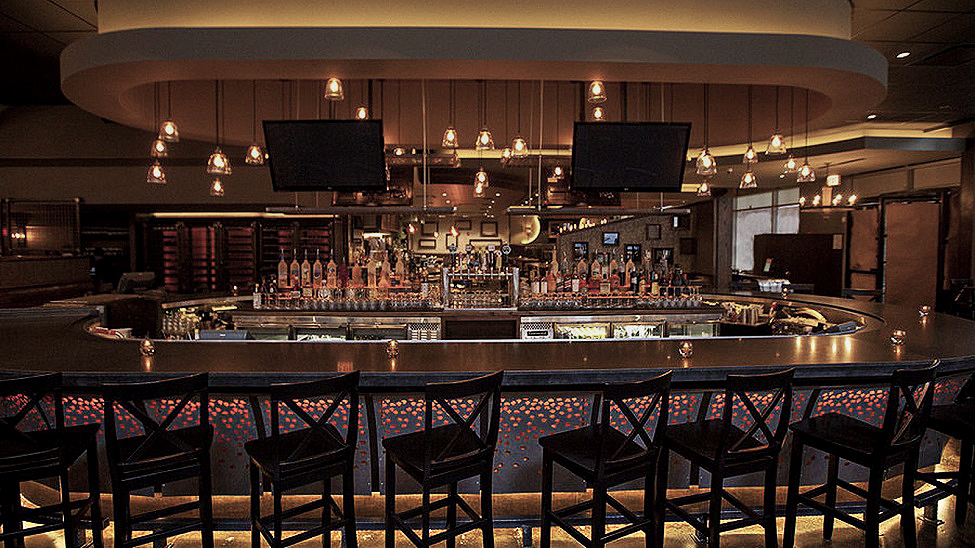
Everything was like: “Oh I’ve never done this. I hope it works.” There was no way for me to pick the phone and say, “Hey, you’ve done this. What does it look like to you? Do you think that this is going to work or not?” I ask a question then you give me your best answer and then I go with it or I don’t go with it, but now access to information is there.
In the 21st century there is no reason to do work you hate and there is no reason to be uneducated or wish to be a rich person. There is no reason for it. Everything is there. You can get the same amount of education by Googling whatever it is that you want to learn that you can acquire with the $500,000 worth of education I paid to grow myself in the last 30 years.
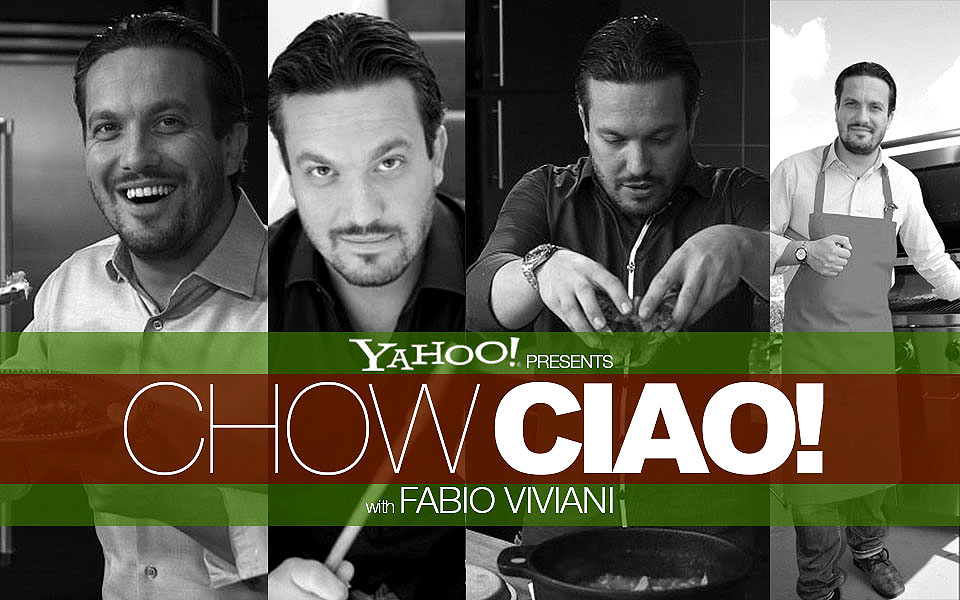
For me it was always out of fear. Fear of not being able to do whatever I want, whenever I want. It motivated me. You only have one life. You can either sit back and see everybody else making history and do whatever they like or you can be the one in charge of your life.
I love the feeling of making things happen and it’s very hard to explain because I’m uncomfortable when I have to explain my vision to people because it’s so big they don’t understand it.
Last year alone I did over 70 speaking engagements. I enjoy mentorship and teaching people I see with a true interest in growth and not just a quick way to make money because there isn’t a quick way to make money. Even the lottery is luck and for me, luck has nothing to do with business. The path I’m trying to walk is the path where not only am I going to leave a legacy for my family, but also I want to leave something that people can build upon. The knowledge, the pain, the struggle, the hassle, the kick in my ass lessons!
But the reality is that these are lessons that people can learn from. If you don’t, you are an idiot because there are plenty of lessons out there from people who have tried to do what you want to do, so all you need to do is understand their mistakes and work on the system. That’s all it is. You can’t ever quit. You can’t stop. The moment you stop is when you lose. You can’t lose.
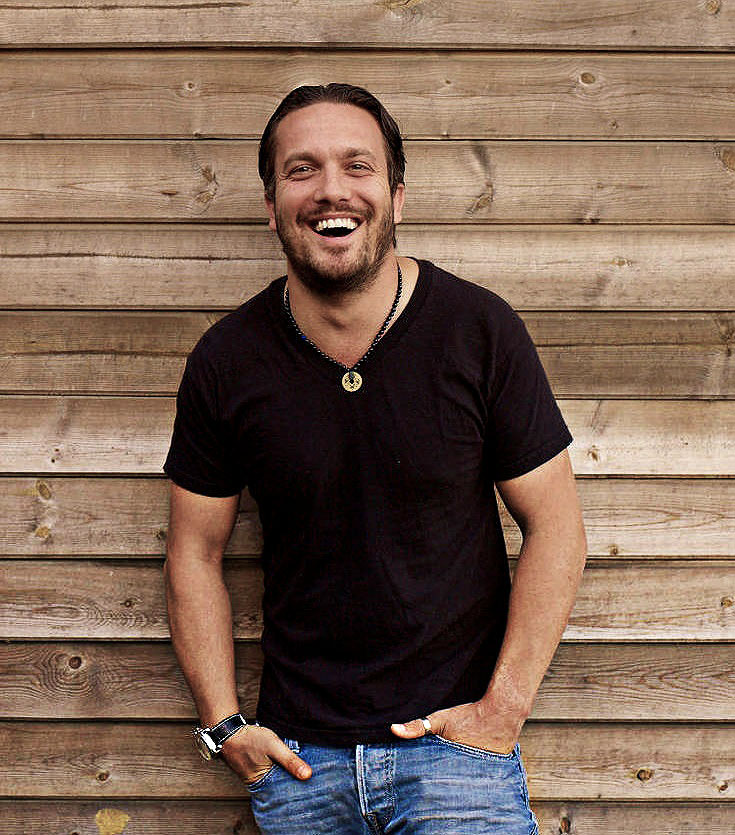
My next project is my Know-How Leadership Academy. I want to reinvent the way that America teaches how to approach business. If you think about it, I have businesses in six different verticals. I’m more about depth because if you have a lot of things going on, you got a lot of things going on. But if those things are consolidated and there is depth, they last longer and when the economy gets rocky you might lose some, but you don’t lose at all.
The reality for me is I seek talent and I employ talent in my business. When I go through the meeting and hiring processes, it’s painful because people are like robots. They come to me and tell me: “Alright, this is the reason why you should hire me because I can do this, this, and this for you.” I’m like: “You just gave me the reason why I should hire you, but I don’t care about what you know because where we’re going, it’s not understandable from the way you’re thinking right now. So tell me what your goals are and who you are. I don’t care if you have a Bachelor’s Degree or if you can write.”
I was horrible at school. School and myself were no bueno. People were trying to give me medication because they felt I had ADHD, but I don’t have attention deficit disorder — I have an interest deficit disorder. I don’t care about meaningless education that other people are trying to give me to make themselves look good.
People always say: “Do what you love and you’ll never work a day in your life.” Forget that. You know how hard I work? I love what I do, but it’s never easy.
Growing up, one of my mentors told me: “You shouldn’t want to be in the restaurant business. Restaurant business is a pain in your ass man.” I said: “Yeah, I’m okay with it.” After 26 years I wish the pain was only located in my ass.
It’s painful. My back is killing me. I work much harder than 40 hours a week. But here’s the funny part, the biggest critics of who I am and what I do are people that work 40 hours a week yet they are always tired. They have time to hate on other people’s career and success just because their limited mind and opinion of what they should do doesn’t conform to the person who you are.
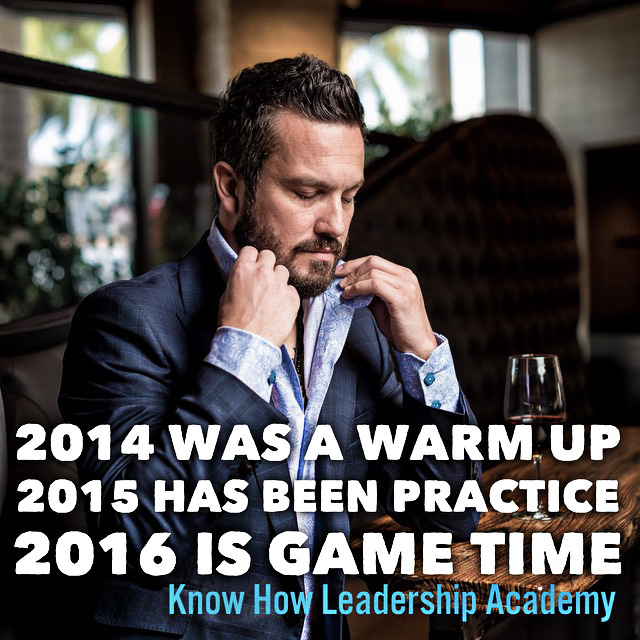
First of all, in the 21st century, there is no reason to do something you hate. If you’re not passionate about your work, then its time to change your career. My biggest advice for the entrepreneurs out there, especially the young ones, is that it’s very hard to build a legacy if you don’t know what you want to do in the first 40 or 50 years of your life. Guess what? You’re not going to live to 150. The advice that I always give is everybody wants to be the best. Everybody wants to beat the competition. It will never happen. There is too much competition out there. You can’t beat them all. Stop focusing on being the best and beating the competition. Focus or reshape the way that the industry you are passionate about works. You’re going to be one of the pioneers in that industry.
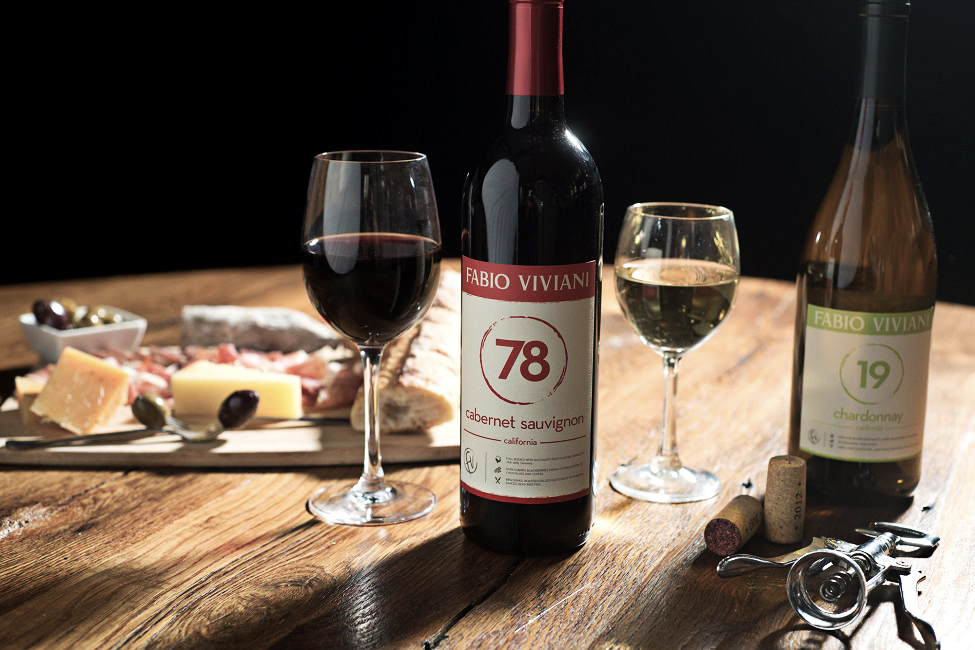
I love the restaurant business but it’s A + B = C. It’s a messed up, broken system because the same rules don’t apply to every single restaurant. I’m creating a business that helps reshape the belief of what the business should be. You’ve got to make $10,000 a year before you make $100,000 and you’ve got to make 10 times that before you make a million. Overnight success, it’s a false story that America is trying to sell young entrepreneurs.
I came to United States in 2006, a year and a half before the big depression, the crisis, and people were jumping off buildings because they lost everything they had. If I came here with no English, broke, no job, and in nine years, I’ve built a seven-figure income, a $65 million business, over a thousand employees, and I get to teach Fortune 500 companies in a language that is not mine — dude, what’s your excuse? Seriously, please tell me what’s your excuse?
